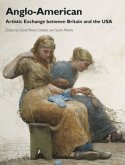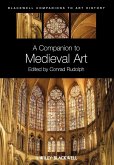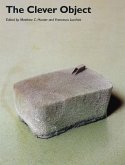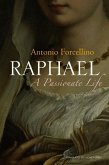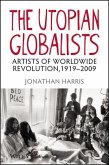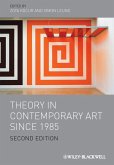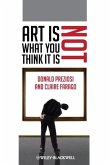Jackson Pollock, the towering American artist who was to revolutionize twentieth-century art with his "dripping" painting technique, grew up between the late 1920s and the late 1940s, the youngest of five boys born in the American West. Though often apart, whether they were traveling for work or for studies, sons and parents kept in close touch through their regular exchange of letters. Their correspondence offers an invaluable insight into the formation of one of America's most influential artists, but it also draws a unique portrait of America itself between two momentous events in its history: the Great Depression and World War II.
These letters - many of which are published for the first time in this volume - show that the Pollock brothers took a keen and early interest in art and politics. Their interest in painting was stimulated in part by Thomas Hart Benton, then a teacher at the Art Students League in New York, whose passion and commitment was to influence them profoundly. Jackson followed his oldest brother Charles to New York to study with Benton. While Charles subscribed to many of his mentor's left-wing beliefs and remained determined to bring art and social justice together, Jackson was far less committed to this ideal - he enjoyed life and traveled across America, hitting the open road and jumping from train to train, finding himself thrown out of school and even ending up in prison for a day, prodded on by his pronounced mystical leanings to search for his own way to express his artistic intuitions.
Through this vivid, lively and often moving correspondence from an atypical yet very American family, we catch a novel glimpse of Jackson Pollock the man, as well as of the various artistic schools and debates that established what has now become modern art.
This remarkable volume will be enjoyed by anyone interested in Jackson Pollock and modern art, as well as anyone interested in twentieth-century America. The volume includes original works of art by Charles Pollock and an Introduction by Michael Leja, an expert on Abstract Expressionism and the work of Jackson Pollock.
Hinweis: Dieser Artikel kann nur an eine deutsche Lieferadresse ausgeliefert werden.
These letters - many of which are published for the first time in this volume - show that the Pollock brothers took a keen and early interest in art and politics. Their interest in painting was stimulated in part by Thomas Hart Benton, then a teacher at the Art Students League in New York, whose passion and commitment was to influence them profoundly. Jackson followed his oldest brother Charles to New York to study with Benton. While Charles subscribed to many of his mentor's left-wing beliefs and remained determined to bring art and social justice together, Jackson was far less committed to this ideal - he enjoyed life and traveled across America, hitting the open road and jumping from train to train, finding himself thrown out of school and even ending up in prison for a day, prodded on by his pronounced mystical leanings to search for his own way to express his artistic intuitions.
Through this vivid, lively and often moving correspondence from an atypical yet very American family, we catch a novel glimpse of Jackson Pollock the man, as well as of the various artistic schools and debates that established what has now become modern art.
This remarkable volume will be enjoyed by anyone interested in Jackson Pollock and modern art, as well as anyone interested in twentieth-century America. The volume includes original works of art by Charles Pollock and an Introduction by Michael Leja, an expert on Abstract Expressionism and the work of Jackson Pollock.
Hinweis: Dieser Artikel kann nur an eine deutsche Lieferadresse ausgeliefert werden.


